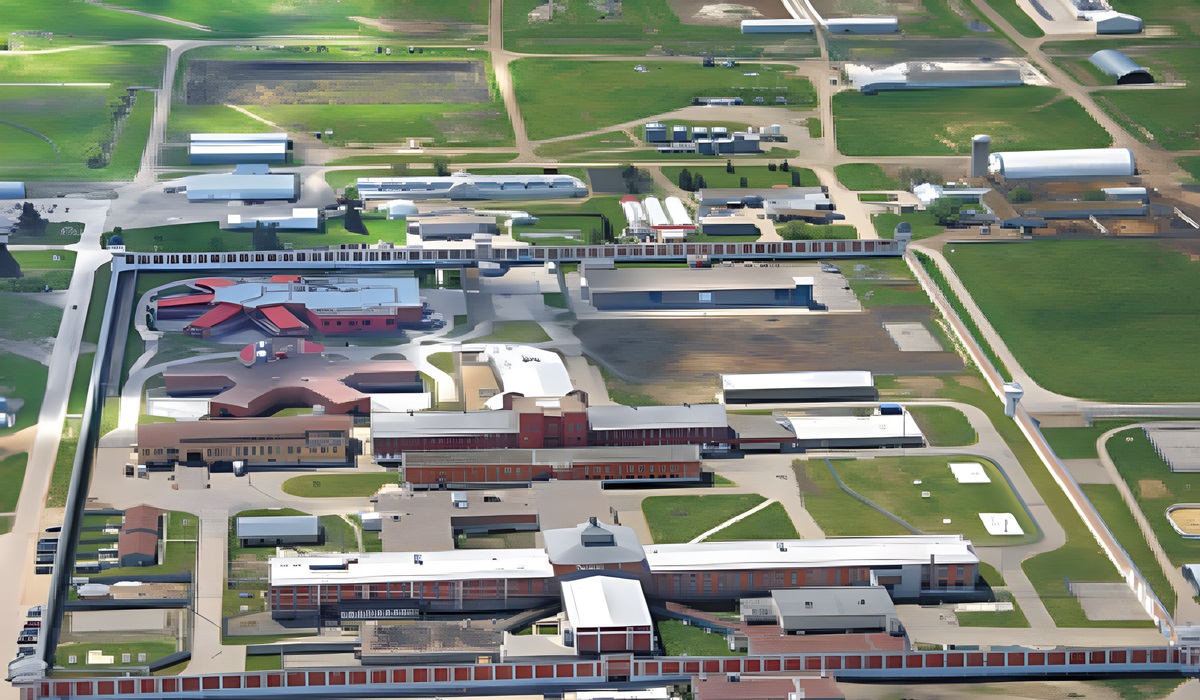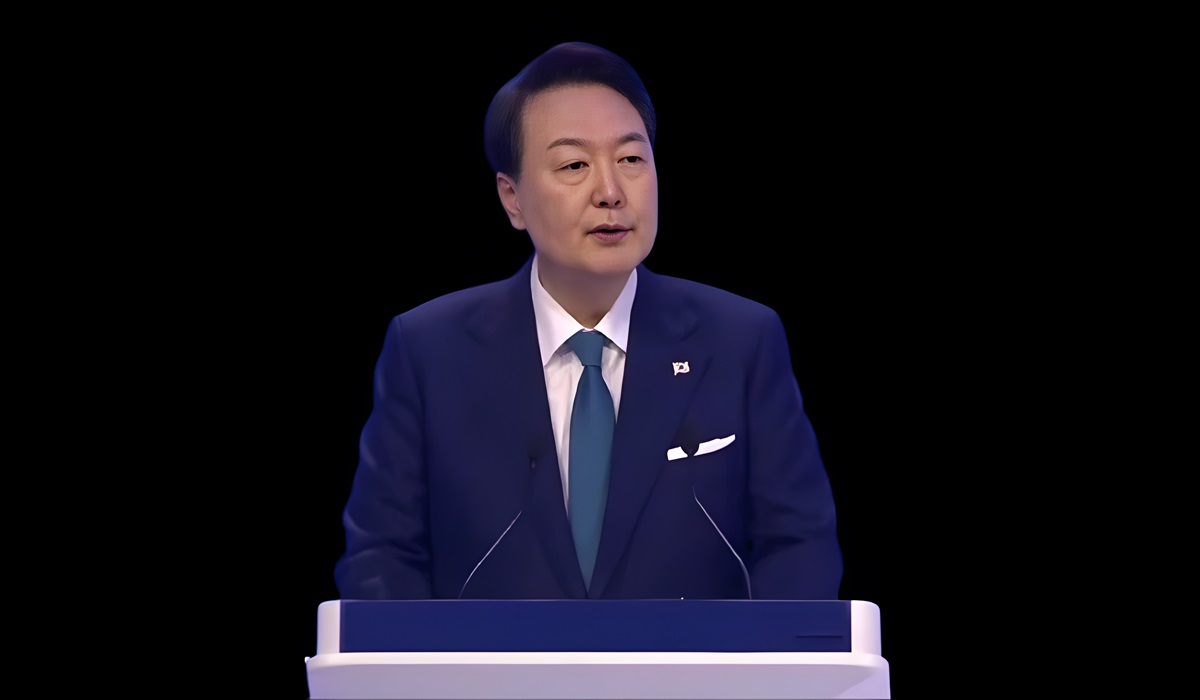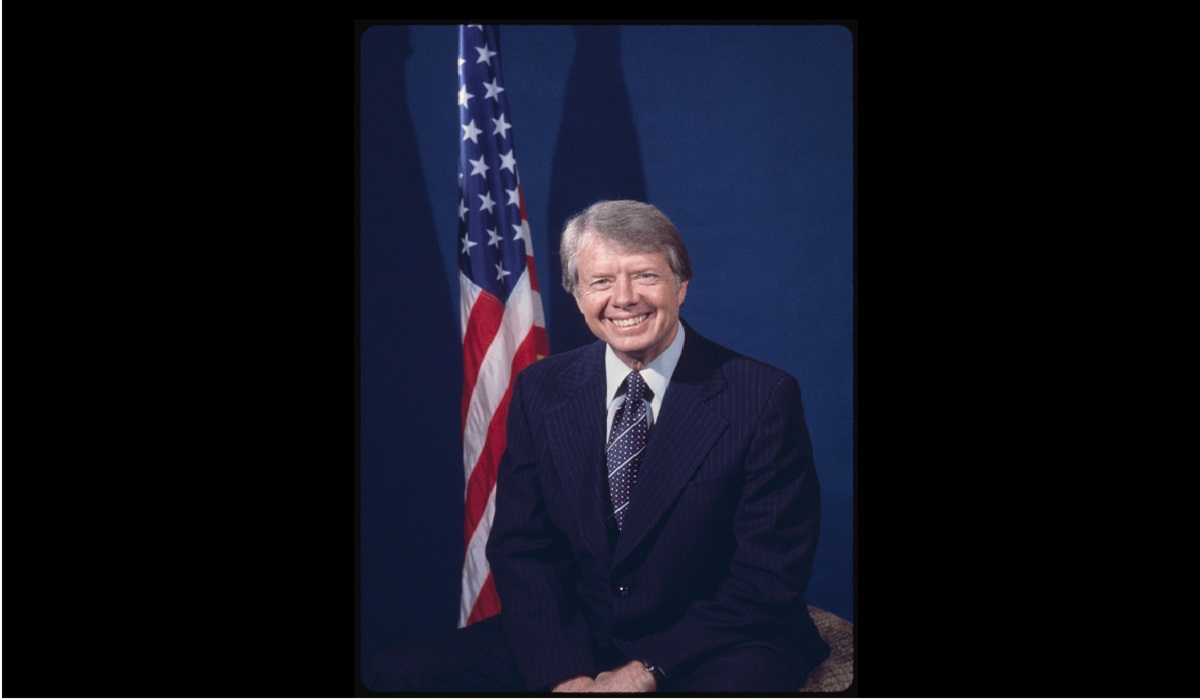Deliberate Interference: Winnipeg’s Demand for Independent Oversight To Terminate Mayor and Council
- TDS News
- Breaking News
- August 3, 2023

Part 3 – The Parker Lands ruling shows the need for an arms-length approach to Winnipeg City Hall
As a result of the recent ruling, it has been made clear that political interference has adversely impacted the city’s planning and property matters. Following the direction of Councillor John Orlikow, City employees deliberately delayed the Parker Lands development project. This interference resulted in financial damages of 5 million dollars and could jeopardize the city’s reputation as a reliable and business-friendly destination for investors and developers. The ruling by Justice McCarthy explicitly cites the deliberate delays caused by City employees in the Parker Lands project, showcasing the consequences of political interference in development matters.
An independent body, separate from City Councillor and the Mayor’s office, would be crucial for handling property concerns and planning matters without any political influence. The ruling highlights the need for impartial decision-making, which can be achieved by creating a transparent and fair evaluation process. By setting up an independent body, Winnipeg can ensure that development proposals are judged solely on their merits, alignment with city guidelines, and compliance with urban development plans. This separation would prevent City Councillor from directing decisions that are not political, as evidenced in the Parker Lands case.
Implementing an independent body to oversee planning and property matters could have effectively mitigated the legal risks the city now faces due to the interference in development projects. The ruling by Justice McCarthy emphasizes the potential for future lawsuits from developers like Gem Equities due to delayed decisions caused by political interference. By maintaining impartiality and objectivity, the independent body would have minimized the likelihood of legal disputes, saving the city time, resources, and reputation.
Transparency and accountability are vital components of any efficient and responsible governance system. An independent body would foster greater transparency by creating a robust system for tracking and recording planning conversations, inquiries, and actions. Developers would have access to the real-time status of their applications, enhancing communication and reducing uncertainties. The ruling on the Parker Lands case underscores the importance of transparency in planning matters, which can be achieved through an independent body.
Establishing an independent body would streamline planning and facilitate efficient development approvals. The Parker Lands case illustrates the delays caused by City employees and Councillor John Orlikow’s interference as per Justice McCarthy’s 92-page ruling. By avoiding political interference, an independent body can focus on each proposal’s technical merits, ensuring that the decision-making process is expedited and straightforward. Developers would benefit from a clear pathway with prompt responses and actions, reducing red tape and unnecessary delays.
An independent body would prioritize aligning development proposals with the city’s long-term planning vision. The ruling highlights the importance of adherence to urban development plans. The independent body would ensure that projects contribute to Winnipeg’s future aspirations and goals by focusing on sustainable growth and the city’s overall vision.
Separating planning and property administration from political influence would prioritize the public interest. The ruling in the Parker Lands case shows that decisions made for political reasons can jeopardize the interests of developers and the public alike. The independent body’s decisions would be guided solely by what is best for the community, fostering equitable development that benefits all residents of Winnipeg.
With an efficient and transparent planning process, Winnipeg could attract more investors and businesses, bolstering its residents’ economic growth and job opportunities. The certainty provided by an independent body would instill confidence in developers, encouraging more investments in the city’s future. The ruling highlights how delays caused by interference can impact economic growth and development.
Establishing an independent body for planning and property administration would demonstrate Winnipeg’s commitment to modern governance and best practices in urban development. By aligning with international standards and reputable models, the city would be seen as a leader in responsible and impartial planning decisions, gaining recognition and respect within the development community.
An independent body would prioritize community-centric decision-making, putting the interests and concerns of Winnipeg’s residents and businesses at the forefront. The Parker Lands case underscores the importance of considering community interests in planning matters. This approach would ensure that development projects enrich the city’s cultural fabric, create vibrant neighbourhoods, and provide sustainable benefits for future generations.
Justice McCarthy’s ruling against the City of Winnipeg in favour of Gem Equities and the Parker Lands Development serves as a wake-up call and alarm for immediate change. The urgent need for the city to implement an independent body to oversee property and planning matters has become evident. This action has already cost the city significantly, potentially depriving Winnipeg of $1.3 billion in economic activity, $650 million in net GDP contribution, over 7,000 new jobs, and $178 million in tax revenues, as indicated in the 2017-2018 Parker Land’s Executive Summary. The city can no longer hide from the consequences of its operating practices; they have been called out for obstructing official rulings to favour outcomes for their benefit.
The dealing of the Parker Lands case has drawn comparisons to mafia-like tactics by one citizen, wherein decisions were manipulated to serve the interests of specific individuals. This criticism from city residents highlights the urgent need for reform and transparency in the city’s decision-making processes. Establishing an independent body to oversee property and planning would ensure that decisions are made based on merit, aligning with the community’s best interests rather than catering to political or personal motives.
Mayor Scott Gillingham and City Councillors are responsible for setting aside proper motions and taking decisive action to clean up City Hall by creating an independent body. The real question is whether there is the will and fortitude among the Councillors to prioritize the city’s wellbeing over personal interests. This move is essential to restore public trust and confidence in the city’s governance.
With the establishment of an independent body, developers would no longer be subjected to almost decades of delays and interference by sitting Councillors or those instructed to slow down processes for political or other reasons. A transparent and impartial body would ensure a fair evaluation process, allowing development projects to proceed smoothly without undue hindrance.
An independent body overseeing planning and property matters would be required to set out specific deterrence measures to ensure accountability and efficiency. These measures could include automatic financial remunerations to builders and project planners for implicit delays caused by the city. These remunerations would be based on clear guidelines and triggered if the city breaches the established timelines and processes for development approvals.
By imposing financial consequences on the city for its delays, the independent body would incentivize prompt and responsible decision-making, reducing unnecessary hindrances to development projects.
Implementing an automatic termination policy for city employees or officials involved in obstruction, planning delays, or any other actions hindering development and progress is crucial to fostering accountability and transparency within the city’s governance. Such a policy would serve as a strong deterrent, ensuring that individuals responsible for impeding planning processes or causing unnecessary delays face immediate consequences for their actions.
By swiftly removing those who act against the city’s best interests and its residents, the city can foster an environment where decisions are made based on merit and adherence to established guidelines, ensuring the smooth and efficient development that drives economic growth and prosperity.
Moreover, the independent body’s guidelines should outline specific rules and thresholds of interference for sitting Councillors or the Mayor. If a Councillor or the Mayor breaches these thresholds by interfering in planning matters beyond a certain level, they should automatically be removed from committees relevant to development and planning.
Additionally, an automatic process for removal from office should be initiated, with the issue being put to the vote at the next City Hall meeting as a formality, not an opinion. These stringent measures would ensure that elected officials understand their actions’ gravity and impact on the city’s growth and prosperity.
By setting these guidelines in stone and automatically automating the consequences of breaches, the independent body would send a strong message that interference in development processes will not be tolerated. It is the only way City Hall can effectively clean up its act and demonstrate a commitment to responsible governance.
The demand for transparency at City Hall requires more than just vocal citizens like Mr. Don Woodstock. As a past Mayoral candidate running on a platform of Winnipeg City Hall requiring a clean sweep, it becomes more evident that the broom Mr. Woodstock carried at this registration for his candidacy may need have been too small. It takes establishing an independent body to ensure transparency and accountability in the city’s governance actively.
With robust rules, guidelines, and penalties in place as deterrence, City Hall would prioritize efficient and transparent decision-making, recognizing that timely development is essential for fueling the city’s economy and creating a conducive environment for businesses and residents.
If City Councillors fail to address these issues urgently, they will send a clear and loud message to investors and developers. The city’s reputation as a reliable and business-friendly destination will be tarnished, deterring potential investments and jeopardizing future economic growth. The time for action is now, and Winnipeg’s leaders must demonstrate their commitment to responsible and unbiased governance for the benefit of the entire city. Embracing this comprehensive overhaul will position Winnipeg as a model city for inclusive and forward-looking planning practices.
Part 1 – Parker Land Debacle: Winnipeg Taxpayers Face $100 Million Impact








